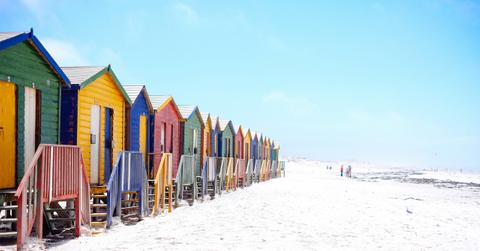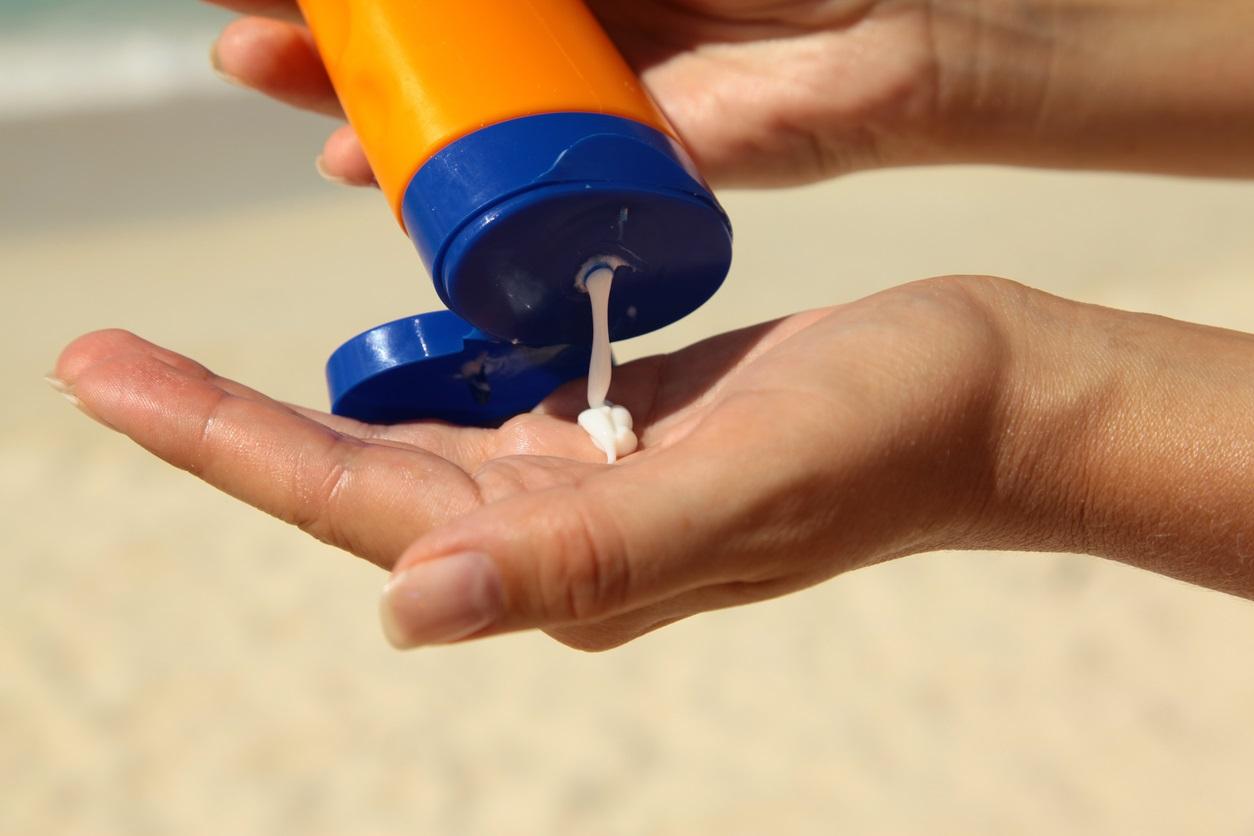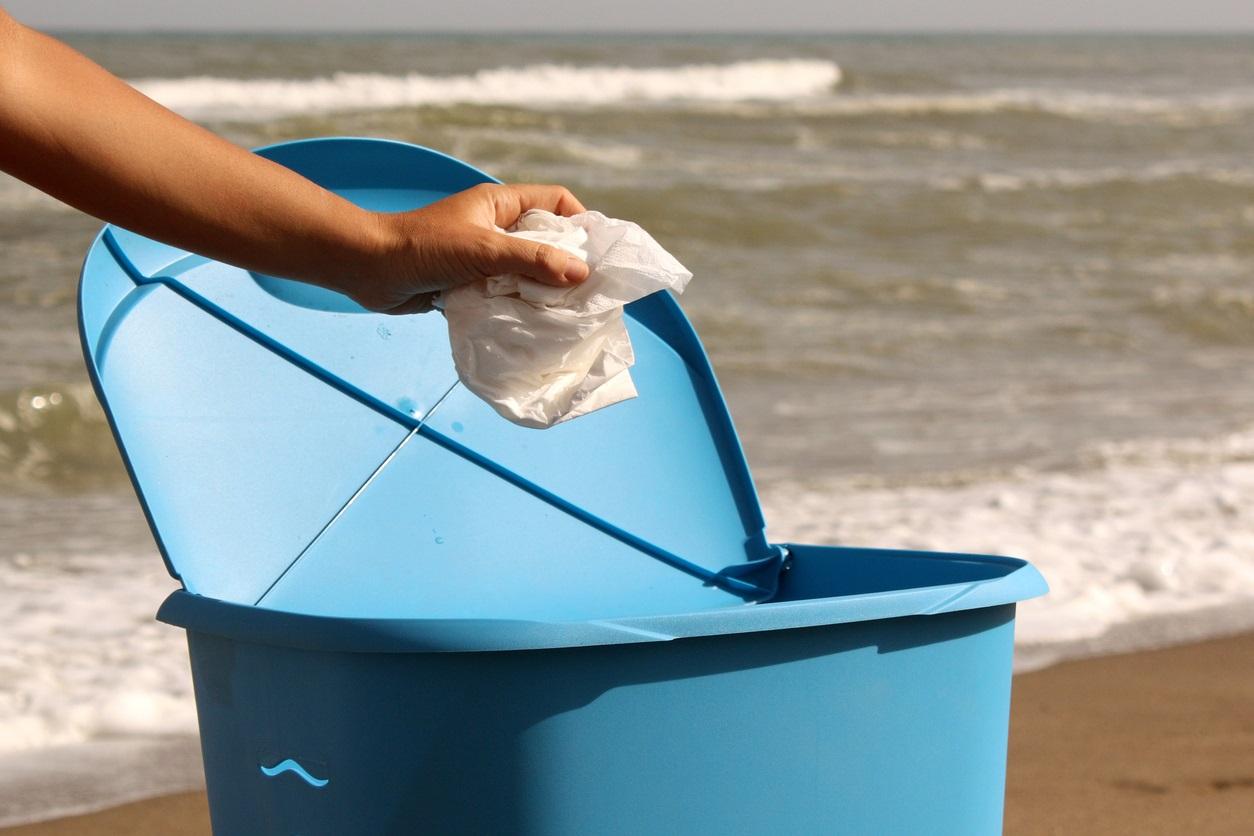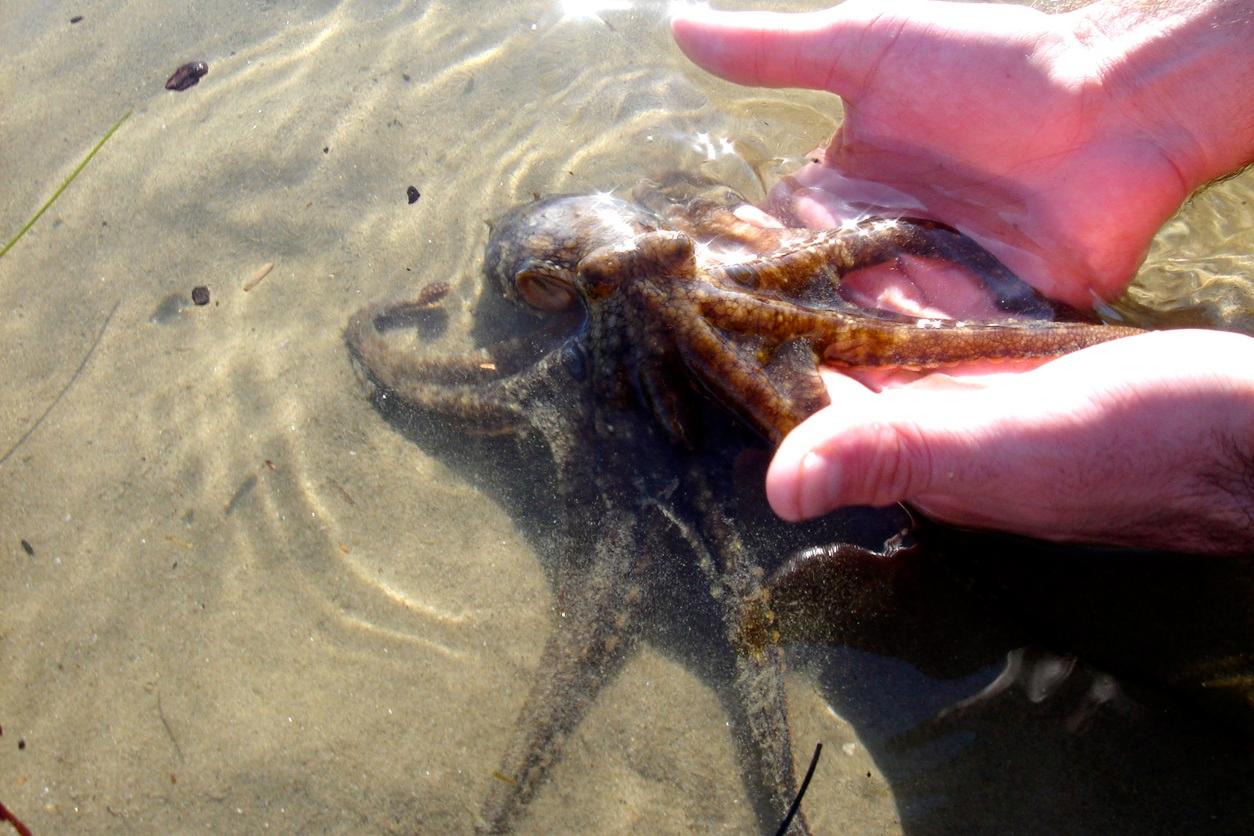6 Simple Ways To Make Your Beach Trip Gentle On The Planet
For many, summer means trips to the beach with family and friends. If you're planning on hitting the beach soon, keep in mind the environmental impact of your trip. Here are six easy ways to have an eco-friendly day at the beach.
Updated Nov. 19 2020, 9:41 p.m. ET
For many people, summer means trips to the beach with family and friends. But many people fail to remember that beaches are a part of nature, and thus visiting the beach has an impact on the environment, both on shore and in the water. When you go to the beach to have a relaxing break your day-to-day, it's easy to forget about how to take care of the planet. Sadly, this may be exactly why beaches often become covered with litter, leftover food, and trash that not only disrupts the relaxation of other beach-goers, but can have a seriously negative impact on the wildlife and pollution levels of the area.
Luckily, keeping your beach routine eco-friendly is fairly simple with just a little planning ahead of time. From which beach to visit to where to stay once you get there, here are six simple tips to ensure that you have a minimal-impact, green day at the beach.
1. Research beaches in your destination ahead of time.
Before heading to the same beach you always do, or before booking your flight, if you're going away for a tropical vacation, do a bit of research on your beach's eco-friendliness. Some things to look out for: Does your beach have easily accessible recycling and trash containers for beach-goers? Are there rules about how close to the water restaurants, hotels, and other businesses are allowed to build their establishments? Do any such businesses use clean energy, or make a point to minimize energy use?
If you can answer yes to all of these questions, then your beach of choice is pretty eco-friendly! If all your answers were nos, never fear. Check out this list of the world's most eco-friendly beaches, and do a little research of your own. Chances are, you'll find a beach near your destination of choice that employs at least some eco-friendly policies.
2. Bring snacks with biodegradable packaging.
If you're planning to spend a full day at the beach, food is a must. But when planning the perfect beach picnic be sure to consider how much non-biodegradable packaging you're bringing along with your meals. Water in plastic bottles, shrink-wrapped cheeses or jerkies, and potato chips in plastic bags can have a big impact on the environment, even if you fully intend to properly dispose of all trash.
Keep in mind, not all beach litter is intentional. Beaches are unpredictable environments, where the wind can easily carry your plastic baggie far away as soon as your head is turned. The solution? Don't bring the baggie in the first place! Pack snacks, such as fruits and veggies, that don't require non-biodegradable packaging. For things like sandwiches and water, use heavier, reusable containers that aren't likely to blow away. The beach will thank you!
3. Choose an eco-friendly sunscreen.
When swimming in natural bodies of water, such as the ocean, it's important to think about what you may be bringing into the water with you. Perfumes and deodorants, for example, wash off in water and may contribute to pollution, harming marine life. For this reason, it's wise to avoid using either at the beach. However, sunscreen is something that beach-goers can't go without, as its essential to keeping skin safe. And while many sunscreens claim to be waterproof, they will all wash off eventually.
Luckily, there are eco-friendly sunscreens, made from non-toxic, all-natural ingredients, that won't do any harm when washed off in the water. Check out eco-friendly sunscreens, and don't forget to read up on all the ways your family can stay safe from the sun this summer.
4. Select eco-conscious lodging, when possible.
Unless you live near the beach, chances are you'll be planning to stay in a nearby hotel or vacation rental. When choosing where to lay your head in between trips to the shore, take a moment to consider eco-friendly establishments. Such places are growing surprisingly common, and aren't too difficult to find, if you know what to look for. Check out the website of the hotel or beach rental where you'll be staying, and see if they mention any eco-friendly policies, such as zero-waste policies or energy-saving ones.
5. Prioritize recycling and properly disposing of litter.
If you're an eco-conscious person, it's pretty unlikely that you'll spend your day at the beach heedlessly strewing litter. But that doesn't mean that there won't be any litter around. If you see litter on the beach, pick it up and properly dispose of it, even if it isn't your own. After all, nature doesn't care who threw the empty water bottle onto the sand, only that it gets picked up.
If the thought of touching other people's trash is too off-putting, bring a trash-grabber to deal with what you find. If you're traveling to the beach with children, arm them with their own grabbers and make a game of who can collect the most trash! It's a surprisingly fun way to make a very real impact, and prevent waste from ending up in the ocean, where it could harm marine life.
6. Remember to leave nature where it belongs.
Wildlife can be one of the most thrilling parts of a summer beach getaway. Sea birds swoop overhead, crabs pop out of holes in the sand, tide pools hold starfish and other small creatures, and wading just a little ways into the water can reveal a variety of colorful fish. But as beautiful as these creatures are, it's important to remember that wild things must remain wild, for the health of the environment. Animals should never be removed from their natural habitat, nor should other natural artifacts, such as shells or sand.
Around the world, popular destination beaches lose tons of coral, shells, and sand as a result of tourists taking home souvenirs. It is such a problem in some places, such as the St. Croix in the Virgin Islands, where in the past two years over one ton of sand, coral and shells have been removed from beaches by tourists, that laws have been adopted banning the practice. No matter which beach you're visiting this summer, it's important to remember that the most eco-friendly beach souvenir of all is probably a photograph.






